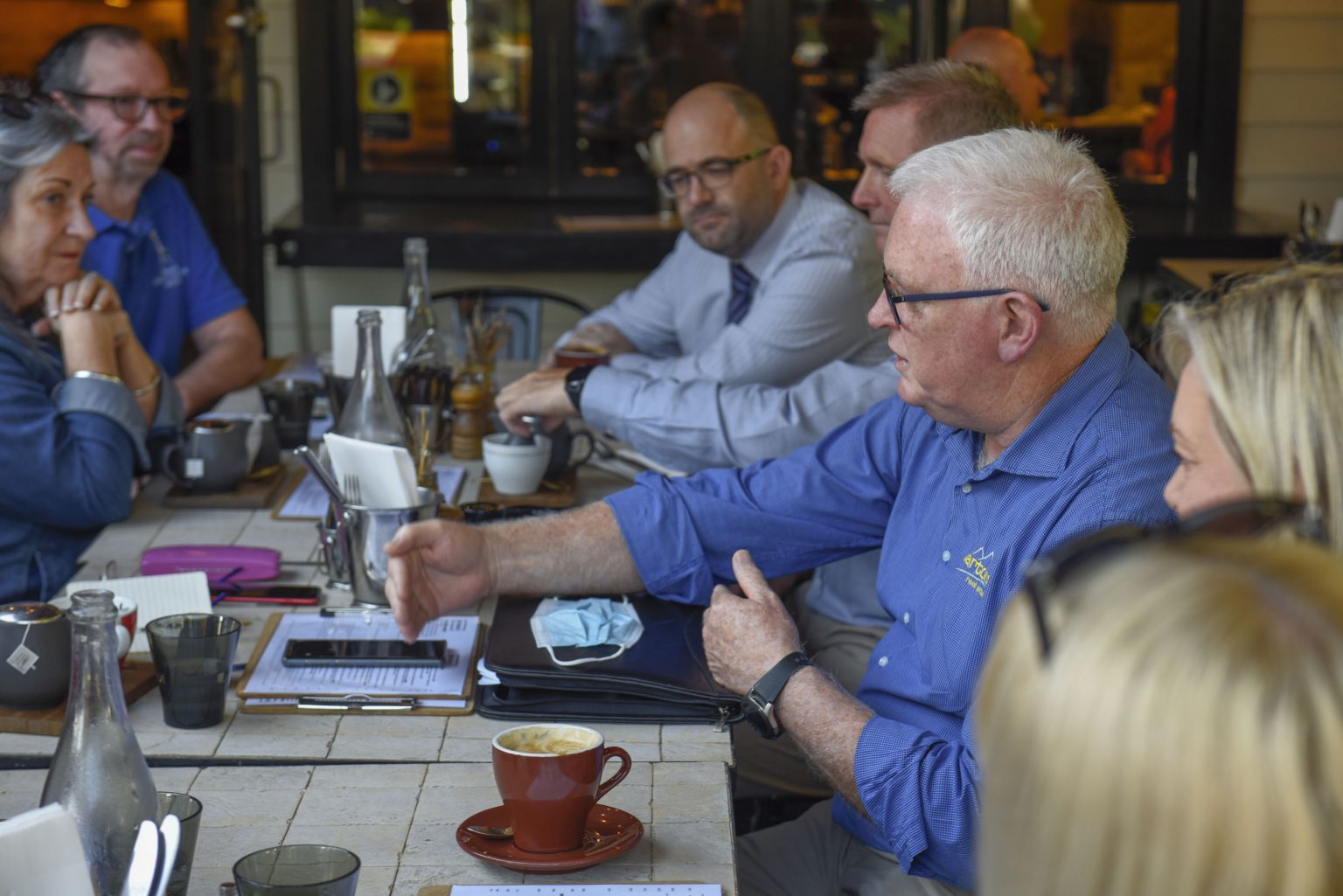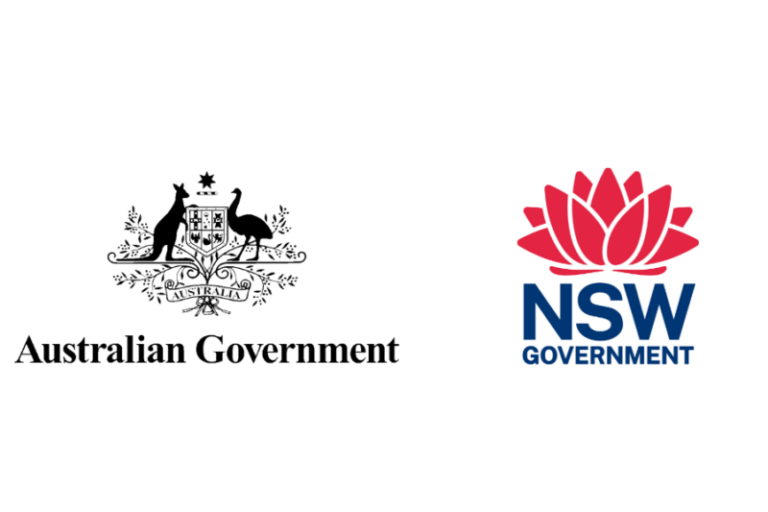Networking is the key to building the capacity of businesses in communities to withstand ongoing and future crisis events, according to a new White Paper on business resilience.
Commissioned by corporate2community, and conducted by leaders in business community resilience, the White Paper ‘Getting Connected: Using Networks to Build Business Community Resilience in the Blue Mountains’ looks at the specific role business community networks can play in the disaster space.
A leading expert in social capital, Professor Daniel Aldrich, joined forces with Associate Professor Valerie Ingham from Charles Sturt University, and Renae Hanvin from corporate2community. Combining the results of a survey of local businesses conducted in late 2021 with a review of recent literature relating to networks and crisis, they have written a White Paper which focuses on enhancing the networking of local business in the Blue Mountains local government area.
“The Blue Mountains area is a perfect case study with its many villages and varying types and sizes of business communities,” Professor Aldrich said.
“These types of social networks can form a conduit for important information, help us coordinate our collective activities, provide financial, administrative, and psychological support, and influence our everyday behaviours.
“Social networks are an efficient way to alleviate shocks and accelerate recovery in communities – and our most important defence against disasters.”
Professor Aldrich’s work on social capital bonding and bridging and linking ties exploring the value of social networks in disasters is given local context with input from Blue Mountains emergency management and community services academic Dr Valerie Ingham from Charles Sturt University.
“Our main finding is that there is a place for focused programs in the Blue Mountains that foster connections among business owners and operators in order to build their business capacity to handle ongoing and future crisis events,” Professor Aldrich said.
“We believe that developing a regional-based network to provide opportunities tied to disaster education and mentoring can meet this need. With funding from regional and national authorities, a number of NGOs and private sector organisations can help guide the creation of this network.”
The Survey canvassed business owners across the Blue Mountains, asking them about how they went about connecting with each other.
More than 60 businesses responded, highlighting while business owners already recognised the power of networks and connections in building resilience, many lacked broad and diverse networks, and did not fully embrace or understand the value in networking, especially in terms of building disaster preparedness.
“For the Blue Mountains these findings are especially worrying considering the high overall failure rates of businesses affected by disasters,” Associate Professor Valerie Ingham said.
“Many businesses continue to operate in relative isolation – this is not an ideal situation, given the recent disasters of the Black Summer bushfires of 2019/20, followed by severe flooding in some locations and then the COVID-19 pandemic.
“Encouragingly, most respondents to the Survey said they would be interested in developing a new, more open network of businesses, but would need administrative help given time and resource constraints.”
corporate2community’s Renae Hanvin said while the Survey revealed a level of uncertainty and lack of knowledge, businesspeople were clearly still keen to connect and collaborate – they just weren’t sure how.
“Small businesses play an essential role in recovery and resilience as they form the foundation of communities small and large across Australia,” Ms Hanvin said.
“We know our business networks are not inclusive enough, so it’s critical we put in place mechanisms that allow businesspeople to create and join networks that attract diverse members who can share their knowledge, experience and support for when the going gets tough.
“Resilient and ready business communities are those that are connected before disaster strikes. By investing in inclusive and capability-building programs, we’re helping business owners and operators understand the critical role they play in communities and how their connections benefit everyone in the good times and the bad.
“In this current era of compound disasters, the benefits in having strong, established networks, online and offline, within business communities are clear.”
This White Paper was delivered as part of the Blue Mountains Business Community Resilience Project, a free two-year program focused on building preparedness, resilience and wellbeing.
Funded by the Bushire Recovery and Resilience Fund (BCRRF) the project is a collaboration between C2C and regional Blue Mountains business network BusinessBM. Visit www.businessbm.com.au or register here for updates on other projects currently being delivered by C2C.


